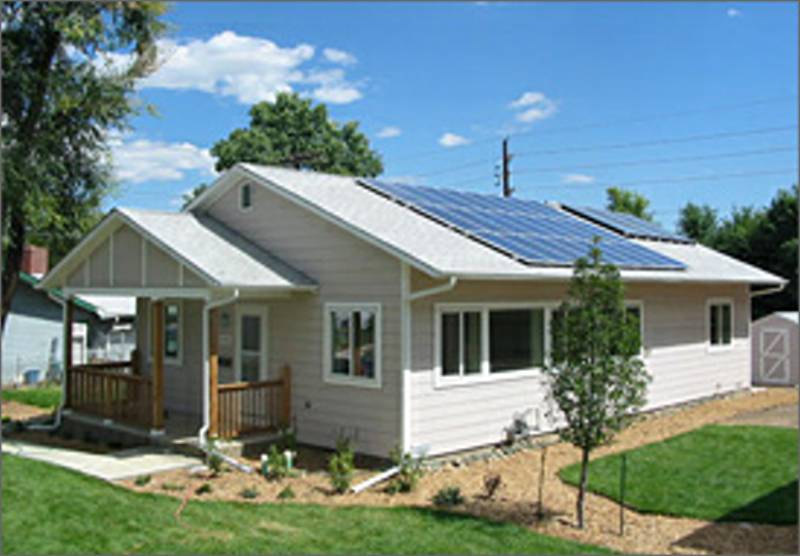
You no longer need to imagine living without utility bills or, for that matter, operating a commercial building without utility bills. In California it is a reality, a reality mandated by 2020 for all new homes and by 2030 for all new commercial buildings.
The California Energy Commission will require these structures to meet a “zero net energy” code. The code requires these new structures to consume no more energy over a year than the structure generates, such as by solar roof panels.
Some industry analysts believe the ultra energy-efficient goal is too ambitious. Builders are targeting tech companies to help them meet the goal, from Internet-connected thermostats, light dimmers and more gadgets that can help to reduce a home’s footprint.
“We have to figure out a way to deliver this without hiking the price,” Dan Bridleman, senior vice president for sustainability, technology and strategic sourcing at KB Home, told The Wall Street Journal. Compliance with the ZNE code could raise the price of a $300,000 home by $23,000, according to Mike Hodgson, chairman of the California Building Industry Association’s energy committee. For each $1,000 increase in home prices, 14,000 families in California would be priced out of the market, according to a study by the National Association of Homebuilders. “We’ll have very efficient homes, but I don’t know who is going to be able to afford them,” Hodgson says.
The California Energy Commission, however, is banking on energy efficiency becoming more affordable with the costs of solar and other energy-saving features decreasing over the next few years. “You basically purchase an income stream in reduced energy bills,” says Andrew McAllister, the commissioner of the Energy Commission. “The barrier is getting the financial community to recognize the low operating costs.”
California legislators have set a goal that by 2050 the state will reduce its greenhouse-gas emissions to 80 percent below the levels it produced in 1990. Buildings are becoming a primary target to reach that goal. Residential buildings currently account for about 32 percent of electricity usage across the state while commercial buildings use 37 percent.
Some builders already are pushing forward. Meritage Homes Corp. began offering its first ZNE-standard homes four years ago, priced at the median market price for the local market. So far, it has built and sold 100 of these homes in the U.S.; half of the homes have been in California. The company now looks to go beyond the ZNE standard by building homes sealed more tightly and that consume even less energy so they’ll need smaller solar panels to power them.
